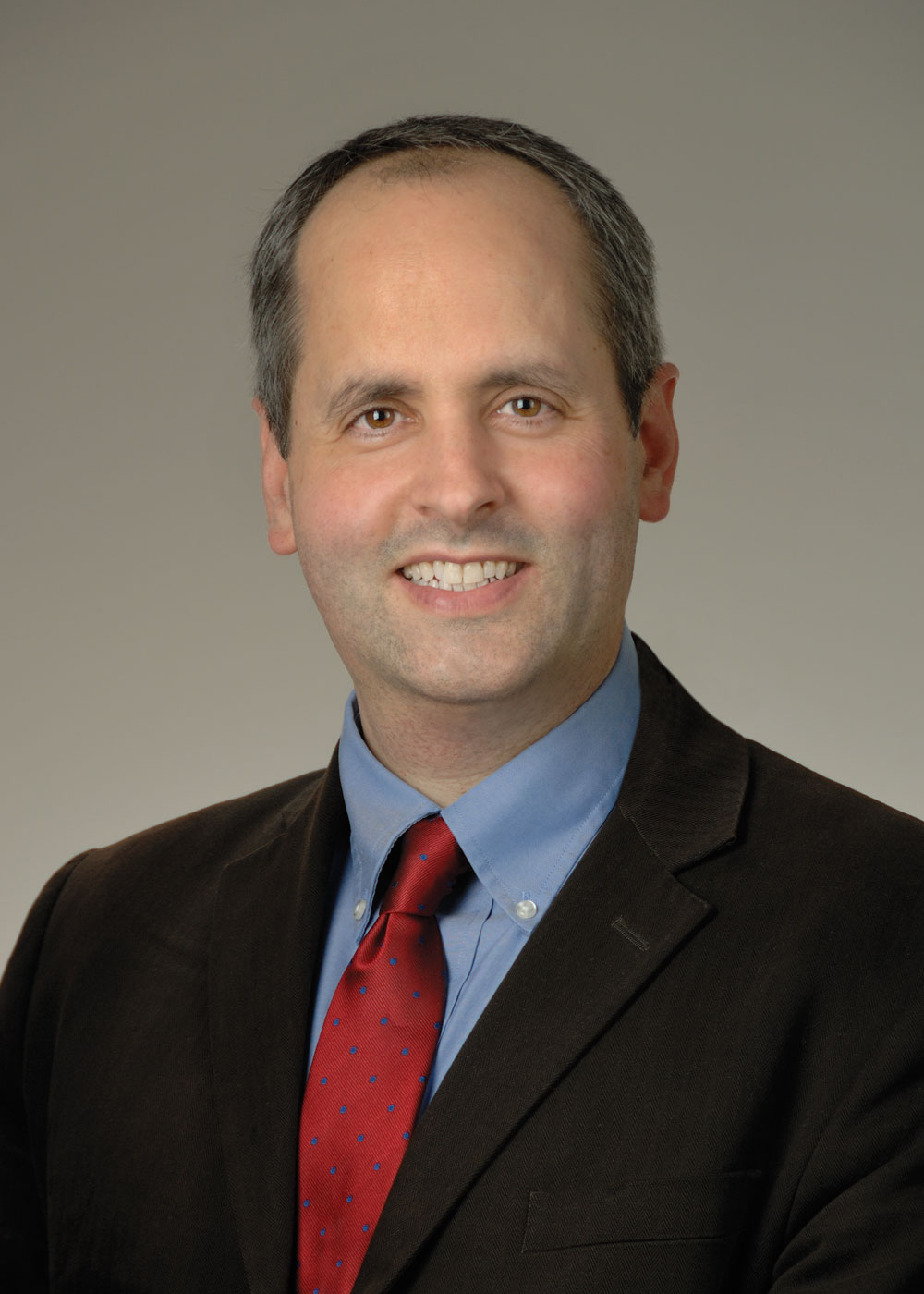Archived: Catalyzing the Modernization of Graduate Education
A major overhaul of how we educate graduate students in biomedical research is long overdue.
Science has changed dramatically over the past three decades. The amount of information available about biological systems has grown exponentially. New methods allow us to examine the inner workings of cells with unprecedented resolution and to generate expansive datasets describing the expression of every mRNA or metabolite in a system. Biomedical research is becoming increasingly interdisciplinary and collaborative, and the questions we seek to answer are more and more complex. Finally, as the scientific enterprise has expanded, Ph.D.s have pursued increasingly diverse careers in the research and development, education and related sectors.
Despite these major changes, we educate Ph.D. students in biomedical research in essentially the same way as we did 25 or more years ago. As Alan Leshner put it in a recent editorial in Science magazine, “It is time for the scientific and education communities to take a more fundamental look at how graduate education in science is structured and consider, given the current environment, whether a major reconfiguration of the entire system is needed.”
Problems related to the reproducibility and rigor of scientific studies are likely driven in part by the inadequacies of an outdated system for educating our trainees. When nearly any student can sequence hundreds of millions of bases of DNA in a few days, does it make sense that all of our students are not given a significant amount of training in quantitative and computational analyses? And as we delve into more complex biological systems, shouldn’t students be receiving in-depth training in rigorous experimental design and data interpretation before they embark on their thesis work?
We have begun efforts to catalyze this much-needed change in graduate education. We and other NIH institutes and centers are supporting the development of training modules that can be used to enhance students’ abilities to conduct rigorous and reproducible research. We also recently issued administrative supplements to some of our predoctoral T32 training grants to enable the development of new curricular components in areas related to the conduct of rigorous and reproducible research or to build skills needed for a variety of different scientific careers. We plan to reissue modified versions of both of these funding opportunities one more time.
But this is just the beginning of what we intend to be a major effort to promote the reworking and revitalization of biomedical research education and training. As always, a key part of this effort will be facilitating a broad discussion within the community about challenges, opportunities and strategies for moving forward. These conversations, which have already begun (e.g., Future of Bioscience Graduate and Professional Training, 2015), should build upon previous calls for educational reform at both the graduate and undergraduate levels (e.g., Reshaping the Graduate Education of Scientists and Engineers, 1995; BIO2010: Transforming Undergraduate Education for Future Research Biologists, 2003; Vision and Change in Undergraduate Biology Education; Advancing Graduate Education in the Chemical Sciences, 2013).
There are many important issues we need to address, but a few essential ones are:
- Enabling institutions to do experiments to identify optimal models for training.
- Focusing on the development of the skills needed to be an outstanding scientist (see Figure 1 above). These skills range from the hard (e.g., quantitative and computational) to the operational (e.g., experimental design and interpretation of data) to the soft (e.g., communication and teamwork).
- Using evidence-based approaches to education.
- Incorporating active learning strategies into curricula.
- Optimizing the size of graduate programs and the research environments in which students work.
- Emphasizing mentoring throughout training, including through the use of structured exercises such as individual development plans.
- Facilitating student career development and ensuring that students find the right career paths during graduate school.
- Identifying and emphasizing best practices for mentors as they design and implement new education and training models.
- Creating and sustaining a diverse scientific workforce.
- Tracking student outcomes and evaluating program results.
- Making the aggregate information from these outcomes analyses easily available to current and prospective students.
- Creating a culture that continually optimizes training strategies to meet the evolving needs of the scientific enterprise.
We look forward to hearing your thoughts on how we can ensure that we are giving the scientists of tomorrow the skills and knowledge they need to push biomedical research forward as efficiently and effectively as possible.



